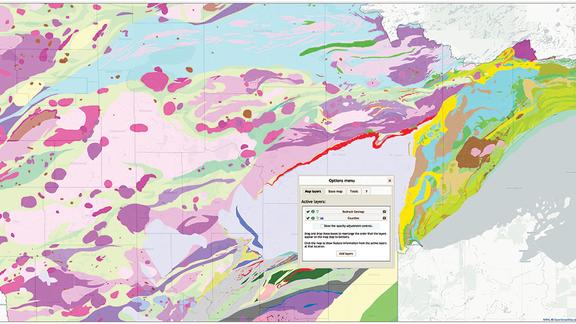
Chris is a lake scientist specializing in harmful algal bloom ecology, nutrient cycling in lakes, watershed nutrient reduction strategies, and freshwater resources management. His research interests take him from small farm ponds to Lake Superior. He also specializes in working with large datasets to investigate how climate and land use interactions affect water quality across the continental US.
Chris also directs the Central Analytical Lab, a state-certified water chemistry laboratory. Members of his team specialize in lake and stream monitoring and assessment, high resolution monitoring networks, analytical chemistry, and algal identification.
Current projects in the lab include identifying drivers of algal bloom toxicity using molecular techniques, investigating underwater light climate and phytoplankton distribution in the Laurentian Great Lakes, monitoring watershed nutrient and sediment loads in streams, and assessing lake health. Lab members also collaborate on projects ranging from developing stormwater management strategies and nutrient reduction technologies, to studying the fate and transport of road salt in aquatic ecosystems, to identifying factors causing rip currents in Lake Superior.
Education
- Postdoctoral, Iowa State University, 2010-2016
- Ph.D., Biology, Baylor University, Awarded 2009
- B.S., Biology, University of Texas at Austin, Awarded 1998
Resources
Recent Publications
How to Be a Better Scientist: Time Management
Research output: Contribution to journal › Comment/debate › peer-review
Chlorophyll a relationships with nutrients and temperature, and predictions for lakes across perialpine and Balkan mountain regions
Research output: Contribution to journal › Article › peer-review
Comparison of total nitrogen data from direct and Kjeldahl-based approaches in integrated data sets
Research output: Contribution to journal › Article › peer-review
Evenness effects mask richness effects on ecosystem functioning at macro-scales in lakes
Research output: Contribution to journal › Letter › peer-review
How to be a Better Scientist
Research output: Contribution to journal › Comment/debate › peer-review



